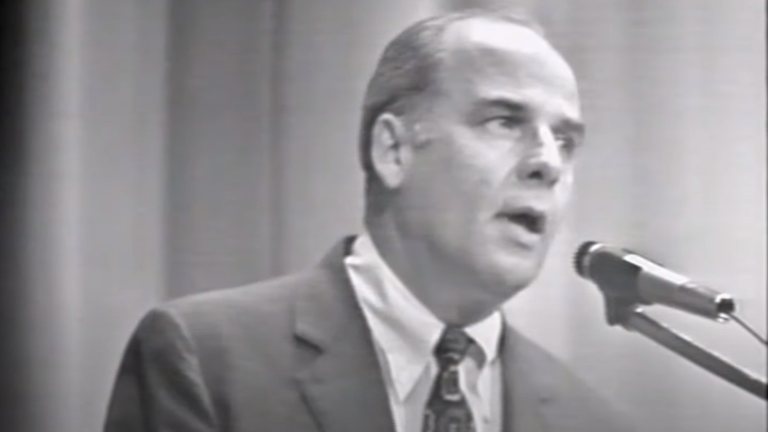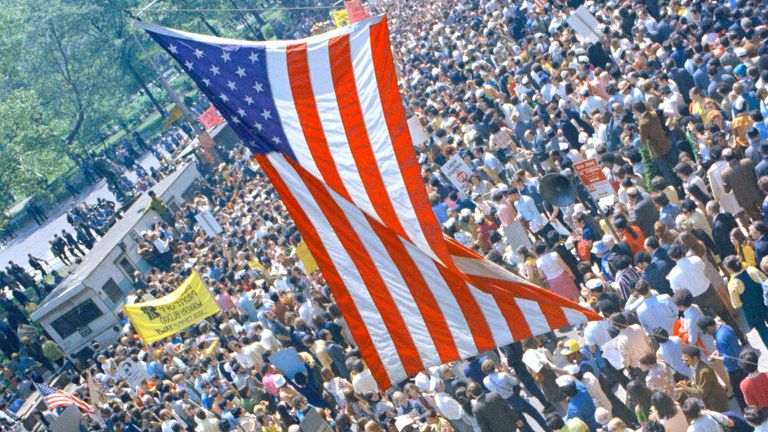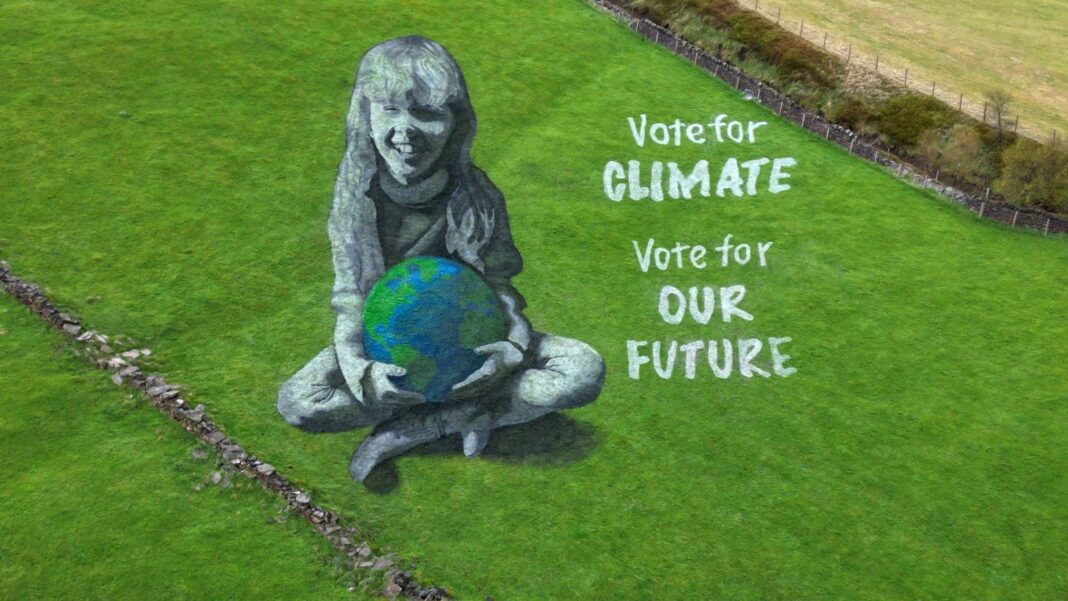Earth Day will be celebrating its 54th anniversary this year.
The environmental event is marked by an estimated one billion people across more than 190 countries, according to the Earth Day Network.
But what actually is Earth Day and why should we care about it?
When is Earth Day and is there a theme?
Earth Day is celebrated annually on 22 April.
This year’s theme is “Planet vs Plastics”.
Campaigners are calling for a 60% reduction in the production of plastics by 2040, with the ultimate goal of a “plastic-free future”.
To achieve this, the Earth Day Network has four main goals:
• to promote awareness of the damage done by plastics and demand more research into the health implications
• to rapidly phase out all single use plastics by 2030
• to demand an end to fast fashion with its high levels of plastic
• to invest in innovative technologies to move away from plastic use.
When did Earth Day first begin?
Earth Day is a concept first brought about by Gaylord Nelson, a politician and environmentalist who served as a senator and governor in the United States.
The senator had many concerns about the damaged environment in the US, including the large oil spill off the coast of Santa Barbara, California, in 1969.
Keep up with all the latest news from the UK and around the world by following Sky News
He was also inspired by student anti-war protests and their passion for change during the Vietnam War, as well as the impacts the conflict had on spending priorities in the country.
In the hope of expanding public awareness about air and water pollution, Senator Nelson led environmental teach-ins on campuses across the country – backed by activist Denis Hayes and co-chair Pete McCloskey.

Gaylord Nelson speaking before the first Earth Day. Pic: Screenshot from Nelson Institute
‘If our cities don’t work, America won’t work’
The first Earth Day was marked in 1970 and became a huge success, with 20 million people participating nationwide in the US.
At the time, people took part by demonstrating in parks, streets and auditoriums against oil spills, power plants, sewage, toxic dumps, loss of wilderness and more.
The first Earth Day also came at a time when a wave of legislation was being passed in the US, including the Clean Water Act, Clean Air Act and Endangered Species Act – the next 10 years were seen as the “environmental decade” because of such measures and the focus on green issues.
Speaking to a crowd in Milwaukee before the first climate event, Senator Nelson said: “I don’t think there’s any other issue, viewed in its broadest stance, which is as critical to mankind, as the issue of the quality of the environment in which we live.”
Read more on Sky News:
Extreme weather to become ‘more intense’ after ‘exceptional year’
Wet wipes containing plastic to be banned from sale in UK
During that first Earth Day speech, Senator Nelson added the “environment is all of America and its problems”.
He highlighted the environmental problem was heightened by the government spending billions of dollars on the war in Vietnam.
Senator Nelson argued the government should have invested back into the US instead. He said the US was a country that was “decaying, crowded, congested, polluted”.
Inspired and determined to make a difference, Senator Nelson added: “If our cities don’t work, America won’t work.”

Anti-war protesters marched in New York city in 1970. Pic: AP
Earth Day goes global
In 1990, Earth Day became a global event with 200 million people and 141 countries participating.
During that year, the event also helped boost recycling efforts worldwide and in 1992, it paved the way for the United Nations Earth Summit.
In 1995, former US President Bill Clinton awarded Senator Nelson the Presidential Medal of Freedom, for his role as the Earth Day founder.

United Nations Earth Summit opening ceremony in 1992. Pic: AP
How can people participate?
The Earth Day Network says the day is to mark the importance of dedicating time, resources, and energy to solving the climate crisis.
There are many ways to participate this year – here are a few:
- Plant trees
- Reduce plastic consumption
- Advocate for change
- Sustainable fashion
- Donate
The Earth Day Network has also created a space for people to add and attend events around the world.
‘Raise our collective voice to call for action’
Bronwen Smith-Thomas, Co-Director at The Climate Coalition, told Sky News that participating in Earth Day is “a great way for people who are worried about climate change and the state of our natural world to take meaningful action”.
Ms Smith-Thomas said the best way to get involved would be organising climate and nature events in the community, writing letters and asking for progress from local decision-makers or taking action online.
“The important thing for this Earth Day, and each day after, is to raise our collective voice to call for action to ensure every generation to come has a safer, fairer, greener future to look forward to,” Ms Smith-Thomas added.







